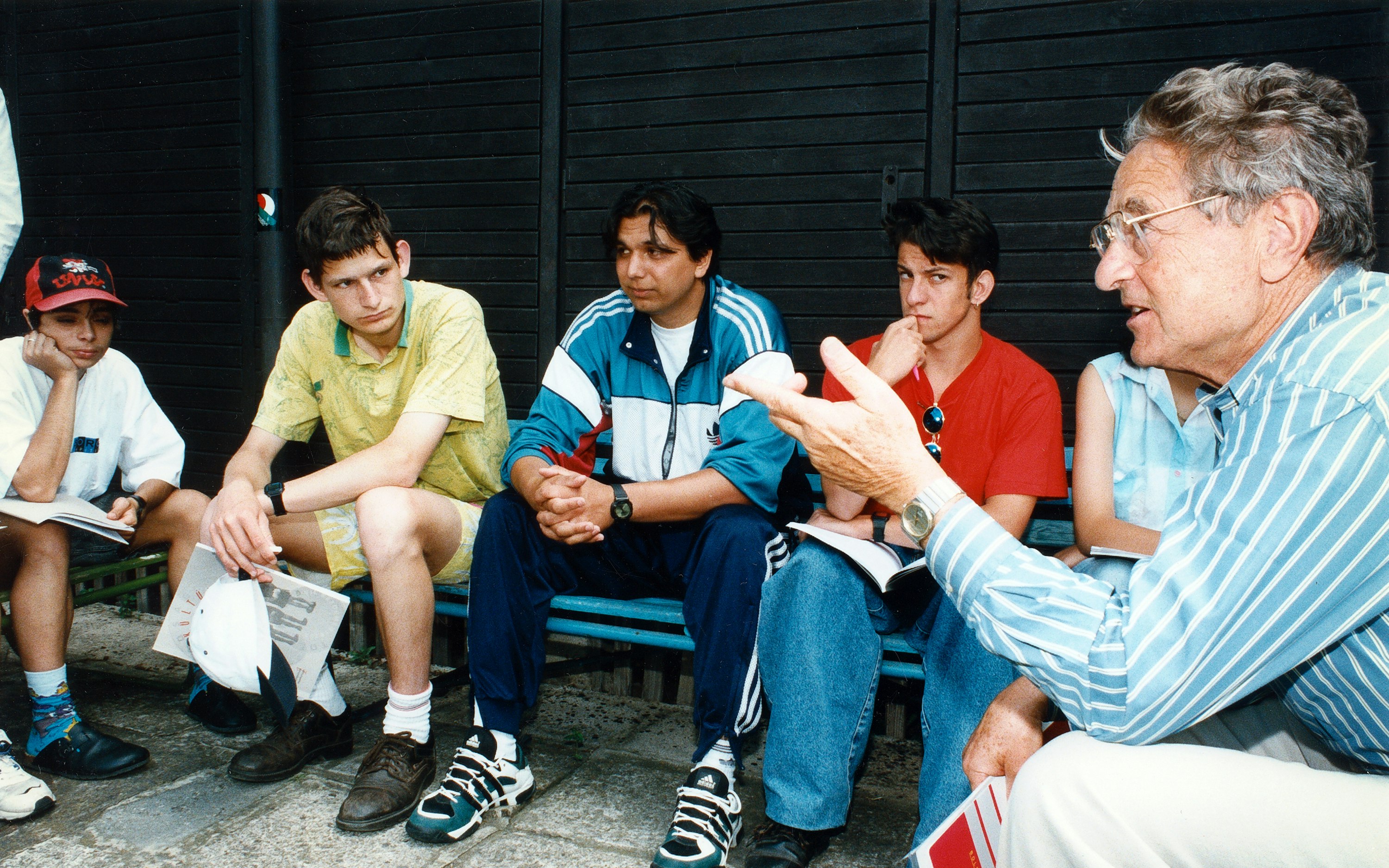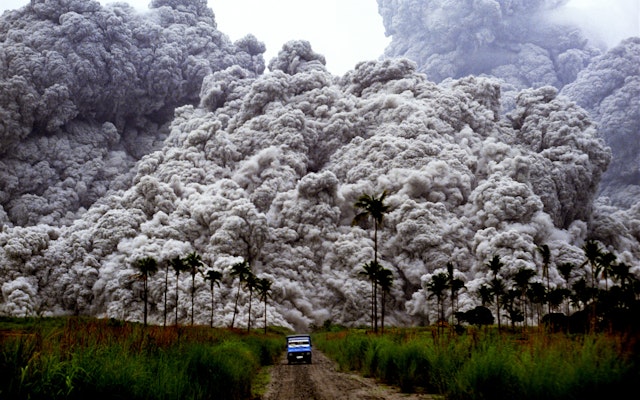In Depth
Inside the Archives: George Soros and the Fight for Roma Dignity
For over 40 years, George Soros has been the leading private supporter of Europe’s Roma—the continent’s largest and most excluded ethnic minority—championing Roma leaders in their fight for equality and against deep-rooted discrimination.

Inside Open Society
Forging New Paths to Green Development for the Global South

With climate disasters becoming more frequent and economic insecurity fueling unrest, the green transition can be a vital catalyst for countries to become more equal and prosperous, while protecting the planet.
Visual Storytelling
Q&A: Visual Witnesses: Photojournalism in a Changing World

World Press Photo Foundation's executive director reflects on the organization’s legacy, its evolving role in photojournalism, the impact of AI on the industry, and efforts to promote diversity and inclusivity in visual storytelling.
Inside Open Society
Reimagining Drug Policy with Compassion and Justice

Drug policy should be rooted in principles of public health, human rights, and uphold human dignity. Open Society strives to promote humane, evidence-based approaches to drugs and drug use worldwide.
Topics
Latest Voices
Inside Open Society
In Defense of Our Neighbors

As the current U.S. administration is transforming immigration policies, Open Society believes in giving communities control over who comes and how they are welcomed.
Inside Open Society
How Emerging Movements Are Redefining Democracy Across Africa

Actors long treated as peripheral to politics are stepping decisively into democratic spaces and challenging assumptions that governance belongs to the elite and are instead insisting on a democracy that delivers for all.
Moral Climate Ambition
Q&A: Driving a Global and Ethical Dialogue on Climate Policy

The Global Ethical Stocktake, a civil society–driven process, assesses the ethical dimensions of climate action—such as responsibility, equity, and the protection of vulnerable communities.
In Depth
Inside the Archives: George Soros and the Fight for Roma Dignity
For over 40 years, George Soros has been the leading private supporter of Europe’s Roma—the continent’s largest and most excluded ethnic minority—championing Roma leaders in their fight for equality and against deep-rooted discrimination.

Inside Open Society
Forging New Paths to Green Development for the Global South

With climate disasters becoming more frequent and economic insecurity fueling unrest, the green transition can be a vital catalyst for countries to become more equal and prosperous, while protecting the planet.
Safety and Resilience
How Swimming for Peace Uplifted the Collective Spirit of a Community in Colombia

To amplify the voices of civil society leaders actively working against violence and as a call for peace, Eva Buzo swam for more than 10 hours from Juanchaco to Malecon Buenaventura along Colombia’s coast.
Visual Storytelling
Q&A: Visual Witnesses: Photojournalism in a Changing World

World Press Photo Foundation's executive director reflects on the organization’s legacy, its evolving role in photojournalism, the impact of AI on the industry, and efforts to promote diversity and inclusivity in visual storytelling.
Inside Open Society
Reimagining Drug Policy with Compassion and Justice

Drug policy should be rooted in principles of public health, human rights, and uphold human dignity. Open Society strives to promote humane, evidence-based approaches to drugs and drug use worldwide.
Equality for All
Q&A: Advocating for LGBTQI+ Rights in Mexico and Transforming Lives

Yaaj México has grown into a key organization defending LGBTQI+ rights in Mexico, setting a powerful example of what can be achieved through resilience, advocacy, and support.
Rebuilding Stronger
Everyday Acts of Ukrainian Resilience

As the fighting in Ukraine intensifies, communities are demonstrating their resilience: supporting veterans, empowering people with disabilities, and creating safe spaces for survivors of violence.